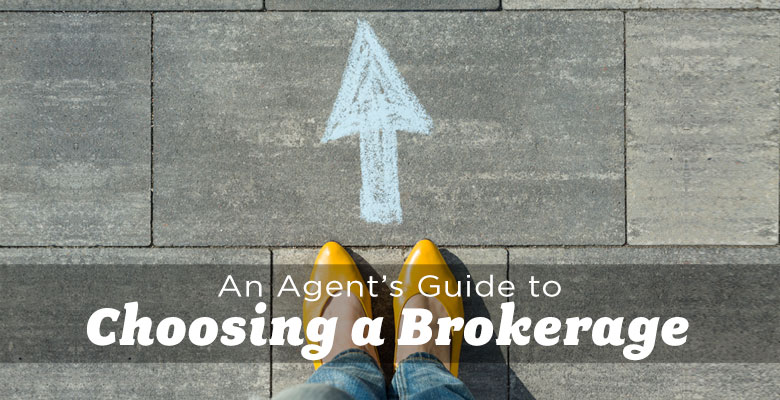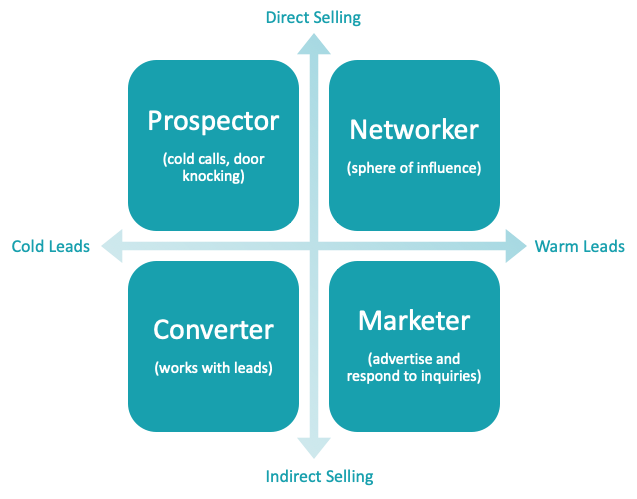
It's astounding how many different business models exist in our highly regulated industry. As a real estate agent, how do you determine which is the best model and brokerage for you?
There are two main business models for brokerages: desk fees and commission split. From there, you can find combination models, employee (salaried) models, multi-level models (where agents are rewarded for recruiting other agents) and more. In general, desk fee or "100%" brokerages charge a monthly fee, a deal fee, and additional fees for just about everything you can imagine from paper clips to training to answering calls. Meanwhile, commission split brokerages share in your success by taking a portion of your commissions (typically anywhere from 10-50%). To further complicate things, certain fees or splits may be reduced or capped if you reach certain sales targets. And we can't forget teams, which often operate under a desk fee brokerage, and team members pay fees to the brokerage and split their commissions 50/50 with their team leader.
Moving on from fees and splits, brokerages (and teams) will offer many different services and tools to attract agents to their brokerage and help them succeed. It's important to understand what you need from a brokerage, which stems from one of four agent archetypes:

For at least the start of your career, you will need to drum up business by prospecting (door knocking, and cold calling) or converting leads (some brokerages and teams provide leads to their agents). Over time, if you're successful, you may move into the networker and or marketing roles, but will likely always need to supplement your business with prospecting or converting leads.
A note about leads... nearly every brokerage will tell you they provide leads, but not all leads are created equal. Most companies will force users to register to use their websites and will count those registrations as leads (and expect agents to endlessly harass them until they buy or die). Our company philosophy is that we will service them when they reach out to us and are ready to deal with an agent, until then we leave them alone with their privacy respected (we currently have over 35,000 registered users that we will continue to leave alone until they ask us to contact them).
To find success in any quadrant, you're going to need training; the real estate licensing program doesn't come close to teaching you how to be successful in real estate. Everyone says they have training, and you will find a wide variety of training options, from online courses to classroom styling learning, to one-on-one mentoring and coaching. As with everything, quality varies.
So how does one make sense of it all when everyone says they provide leads, training, and marketing? Again this is dependant on what your needs are as an agent, but there are a few decent measures of a brokerage's ability to back up what they are saying:
- the number of deals per agent
- the average gross commission
- the number of agents that left the company in the past three years
- their listing to sales ratio
- the number of leads provided to agents
- the average conversion rate for leads
- the average number of deals completed by new agents in the first 6 months
For example, for us that would currently be:
- 21
- over $200,000.
- 3 (1 chose to go, 2 did not have their contracts renewed)
- 82% (Edmonton industry average last year was 47%)
- 20-30/month
- 11% (industry average is 1-2%)
- 17 (we go to exceptional lengths to ensure a strong start for our agents - we also spend lots of time with them through the pre-licensing period to get them up to speed on our systems and tools as well as working with a mentor. This way they can earn an income while they are training and can professionally and confidently deal with clients from day one.)
If you're considering a career in real estate or joining a new brokerage, you have to get into the details and clearly understand the net benefits.

Leave A Comment